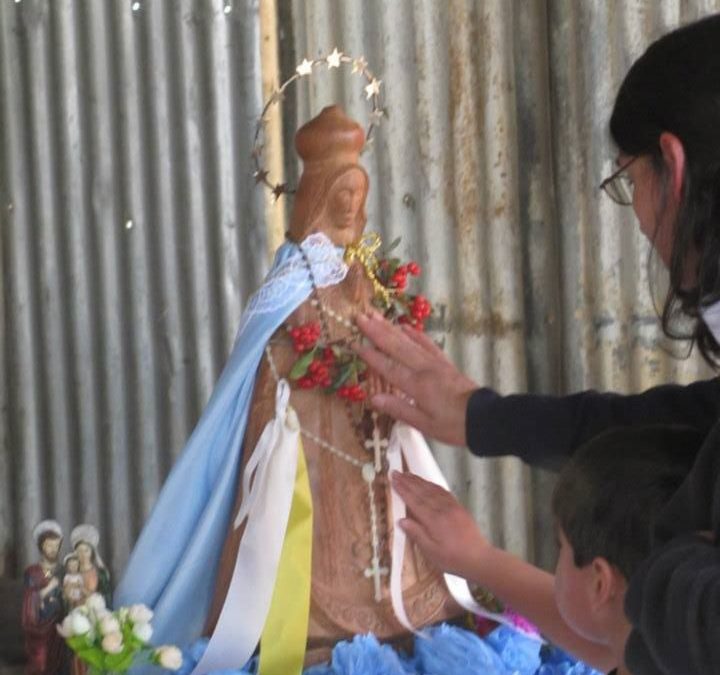
by Carolina González | Aug 9, 2016 | Las Pampas, Traditions
A REAL TRADITIONAL PARTY. On Sunday July 28, while the people vibrated to the sound of the engines of the Federal Rally, a group of civilians passed at a slow pace, accompanied by the image of Our Lady of Itatí, they were going to the old post of traffic police at the RP41, where the mass and then the Creole party was going to take place.And we were dazzled. We found a gathering of “real” gauchos and countrywomen. No makeup, no commercial pollution, with the untidiness of a meeting made between friends; where the customs were crudely shown; without “banners”, powerful stereos or speakers with fake voices.An improvisation dominated the place: in the parking lot they were charging a token entry ($ 10.-) for the benefit of a rural school, and also the priest asked for a singer among the people and a guitar for the celebration.And then the riding skills came, also music and long conversations between peers. It is worth noticing that three-quarters of the attendees were fellow countrymen and countrywomen. Culturally speaking, a moving party.Finally, some thoughts: No need to be scared by great sceneries, famous artists, speakers and fireworks at subsidized festivals. While these countrymen make these meetings, the tradition is not at risk
UNA VERDADERA FIESTA PAISANA. El domingo 28 de julio, mientras el pueblo vibraba al son de los motores del Rally Federal, un grupo de paisanos a paso lento, acompañaba la imagen de Nuestra Señora de Itatí al viejo puesto de la policía caminera sobre la RP41, lugar de la celebración de la misa de campo y luego la fiesta criolla.
Y allí nos deslumbramos. Descubrimos una reunión de gauchos y paisanas “de verdad”. Sin maquillajes, sin contaminación comercial, con la desprolijidad de una reunión hecha entre amigos; en donde los usos y costumbres se mostraron crudamente; sin “banners” de organismos, ni poderosos equipos de sonido, ni locutores con voz impostada.
Una simpática improvisación dominaba el espectro: desde el estacionamiento, al cobro de una entrada simbólica ( $ 10.-) a beneficio de una escuela rural, a la misa de campo en donde el sacerdote tuvo que pedir por una cantante entre los fieles y una guitarra para la celebración.
Y luego llegaron las destrezas a caballo, la música y las largas charlas entre pares. Por tratarse de la Virgen de Itatí, la fiesta tuvo un fuerte acento litoraleño ya sea por la música de fondo, como el conjunto de chamamé que se presentó “delante” de un desvencijado escenario armado con palos y chapas viejas pero que en su conjunto nos hacía volar a las temperas de Florencio Molina Campos.
Cabe destacar que las tres cuartas partes de los asistentes eran paisanos y paisanas. Culturalmente hablando, una fiesta conmovedora.
Finalmente, una reflexión: No nos tenemos que asustar por grandes escenarios, artistas famosos, altoparlantes y los fuegos artificiales en las fiestas subsidiadas. En tanto existan y se realicen estas reuniones de paisanos, la tradición no corre riesgos.
sanantoniodeareco.travel
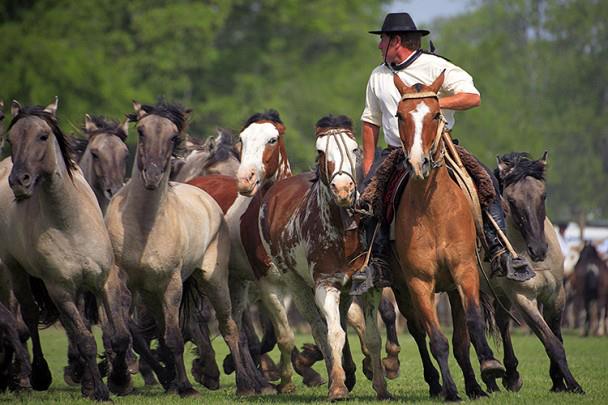
by Carolina González | Aug 9, 2016 | Events, Horses, Las Pampas, Traditions
The town besides being a cultural landmark of tradition, it is home since 1939 of the Tradition Festival , the oldest gaucho celebration of Argentina . This is a national event which starts eight days before the Week of Tradition and closes with an impressive parade of civilians and gaucho skills in the Ricardo Güiraldes Criollo Park.It is a festival in which Areco is shown with its own identity and where the only protagonists are the peasants , artisans , musicians , dancers and artists: pure and genuine folklore , which has allowed the arequeros to be custodians of the noble traditions that make the Argentinian identity . The gaucho , proud of the past, renovates in the Tradition Festival its commitment to a certain lifestyle .
SPANISH:
El Pueblo además de ser un mojón cultural de la tradición, es sede desde 1939 de la Fiesta de la Tradición, la celebración gaucha más antigua de Argentina. Se trata de un acontecimiento nacional que se inicia ochos días antes con la Semana de la Tradición y cierra a lo grande con el impresionante desfile de paisanos y las destrezas gauchas en el Parque Criollo Ricardo Güiraldes.
Es una festividad en la que Areco se muestra con su propia identidad y donde los únicos protagonistas son los paisanos, artesanos, músicos, bailarines y artistas: folclore puro y genuino, que le ha permitido a los arequeros ser custodios de las nobles tradiciones que componen el ser argentino. El gaucho, orgulloso del pasado, renueva en la Fiesta de la Tradición su compromiso por un estilo de vida.
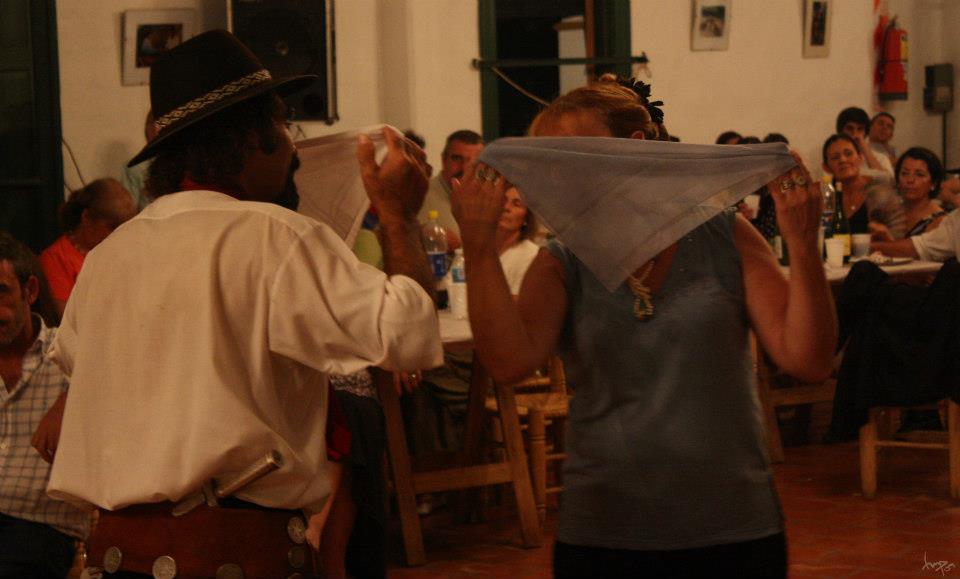
by Carolina González | Jun 24, 2016 | Events, Traditions
Areco: represents a gaucho culture, and it is a folkloric town which sings and dances, too. Here, a gallery of photographs on gaucho’s artistic expressions
More on sanantoniodeareco.travel
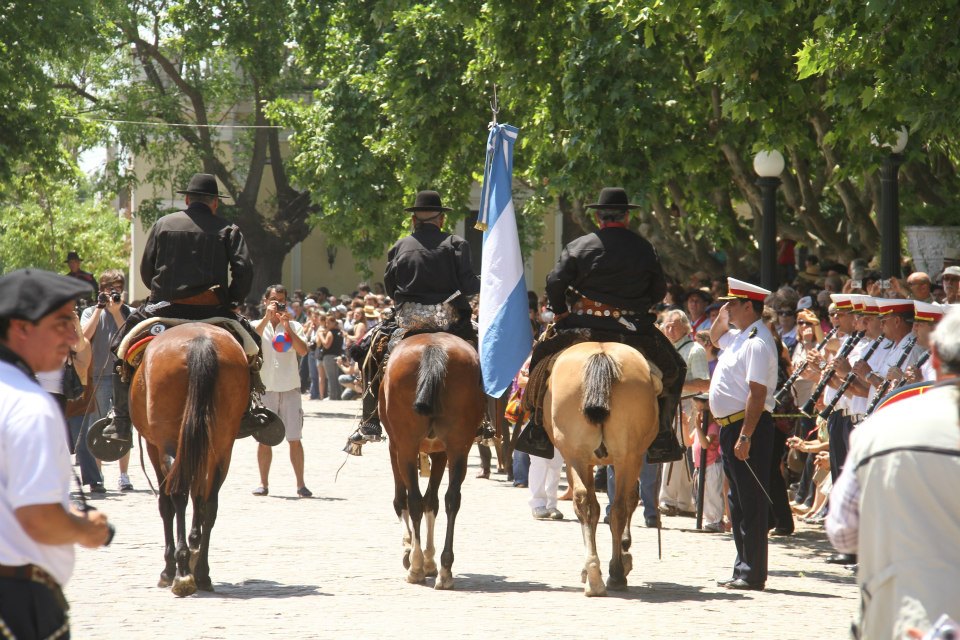
by Carolina González | Jun 24, 2016 | Events, Horses, Las Pampas, Traditions, Travel
¡The great tradition gaucho festival of Argentina, very close to Buenos Aires!
If you happen to come to Argentina you cannot miss the Tradition Festival, the oldest gaucho celebration of the Buenos Aires Province. The one which gathers the largest number of gauchos with their impressive clothing, and horses carrying astonishing silver ornaments; horse riding and games with rioplatense tack, and strings of horses spotlessly trained.
A festival without sponsors where the purity and rigor of customs and traditions of the gaucho are kept as in the old days: the elegant criollo dances, musicians with ancestral repertoires, old traditions which have never disappeared, horse riding skills, a red wine, a good barbecue (asado), long lasting guitarreadas, casual chats, the life of town people… An exceptional environment that fills arequeros (local city dwellers) with pride while the city is all decked out for the visit. This is the special moment in which the tourists’ cameras and national and international journalists compete to take the best portrait of this unique cultural event in the Argentine Republic. Don’t miss the next tradition day festival, only in San Antonio de Areco, which is about an hour and a half ride from the city of Buenos Aires. If you`re looking for hotels in Areco, check out this page.
sanantoniodeareco.travel
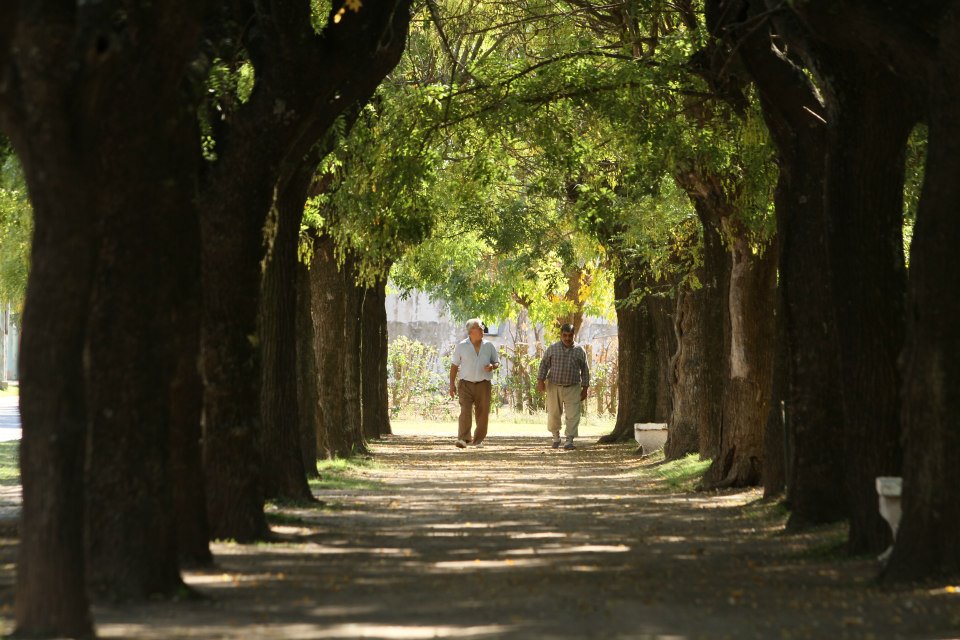
by Carolina González | Jun 24, 2016 | Estancias, Las Pampas, Travel
Who hasn’t visited Villa Lía(near to San Antonio de Areco) is missing the true concept of “tranquility”. Villa Lía, so near of everything and so far in time. Take a time to travel to this small town. Check out this page of an estancia(ranch) which counts with rooms for guests.





